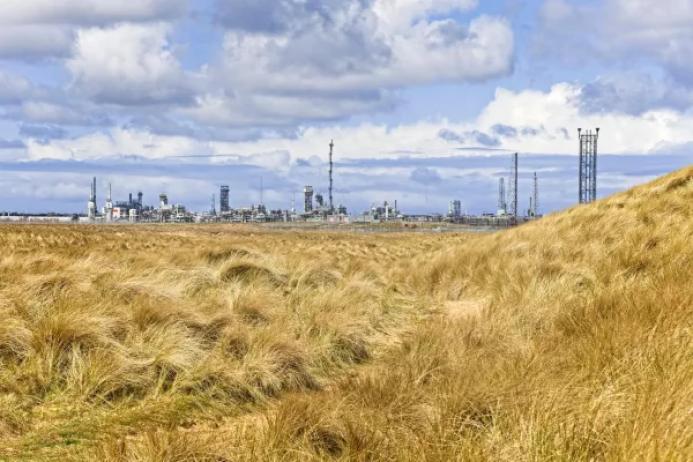New funding awarded for UK geological storage research
BGS project to investigate UK’s subsurface resource to support net zero due to begin research
WITH the UK’s geological storage resource being amongst the largest in Europe and critical to the country achieving net zero by 2030, funding has just been awarded by the Engineering and Physical Sciences Research Council for a two-year project, ‘Maximising the UK geological storage resource’ or MaxStoreUK.
Led by the British Geological Survey (BGS) with collaborators from the Industrial Decarbonisation Research and Innovation Centre (IDRIC) and researchers at Heriot-Watt University and The University of Manchester, the project findings will inform investment decisions and policy development, and maximize the use of the subsurface in the UK to reach net zero.
MaxStoreUK will build on subsurface hydrogen and carbon storage research investigations previously completed as part of the IDRIC research programme. The objectives of the new project are to:
Share tailored information on regional UK geological carbon dioxide (CO2) and hydrogen storage opportunities with industry clusters and other key stakeholders
Present a UK hydrogen storage briefing to allow cross-sector policy collaboration
Increase understanding of CO2 storage in a UK Central North Sea frontier area of extensive strata with multiple prospective storage sites
Advise on solutions to specific risks for UK hydrogen storage with operators and regulators that are addressed by our modelling and experimental data.
Dr Maxine Akhurst, principal geologist at BGS and project leader, said: ‘We are delighted to have been awarded funding and begin the two-year project. We will build on existing engagement with stakeholders to unlock the full potential of the UK’s subsurface resource to meet the UK’s net-zero targets and drive economic growth.’
IDRIC director Prof Mercedes Maroto-Valer added: ‘This project represents an exciting initiative to build further on the significant impact of IDRIC’s five-year multi-disciplinary research programme and our strong partnership with BGS. We look forward to continuing this valued collaboration, advancing progress and sharing knowledge in geological storage, which will accelerate the journey of our industrial heartlands towards a sustainable low-carbon future.’










